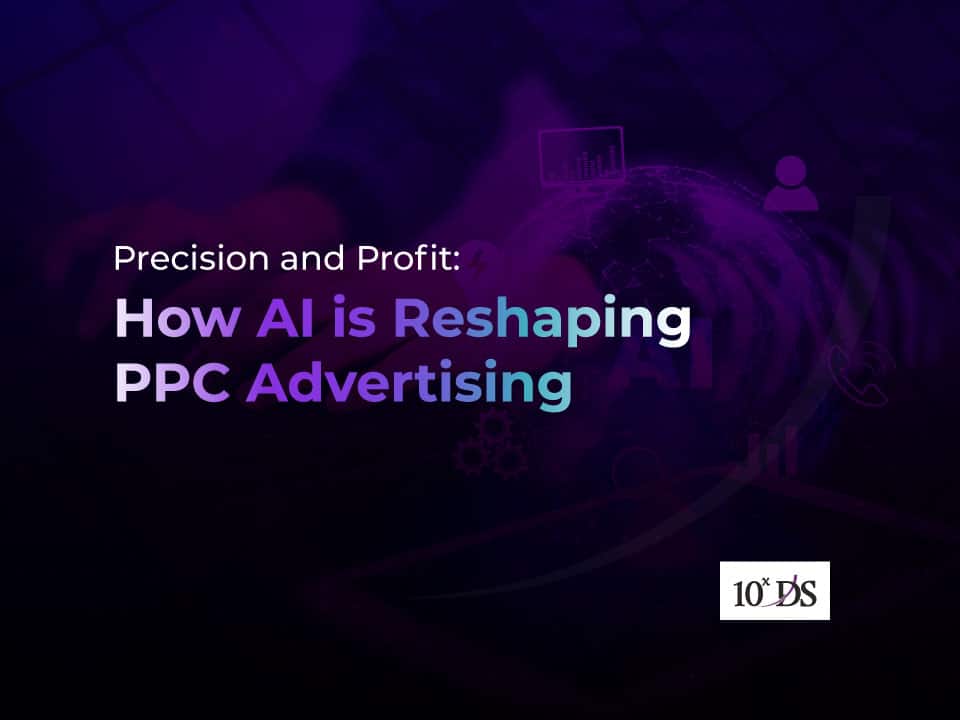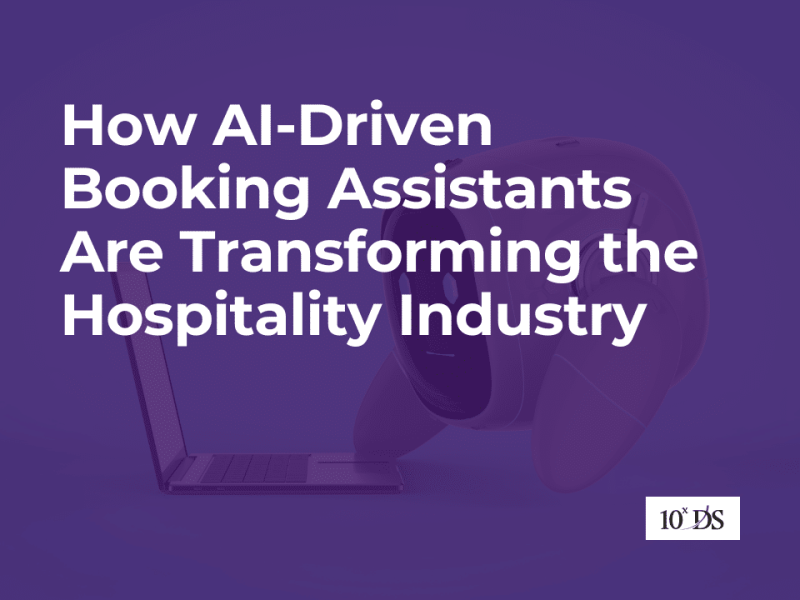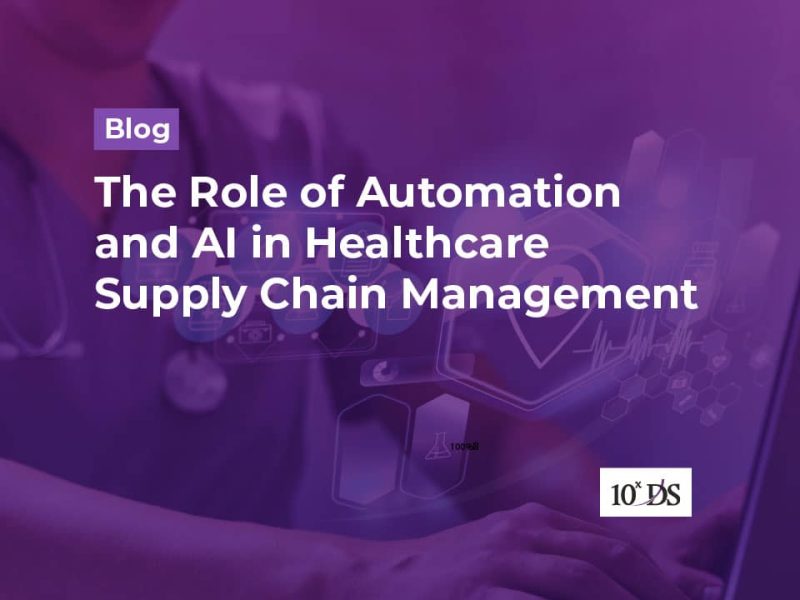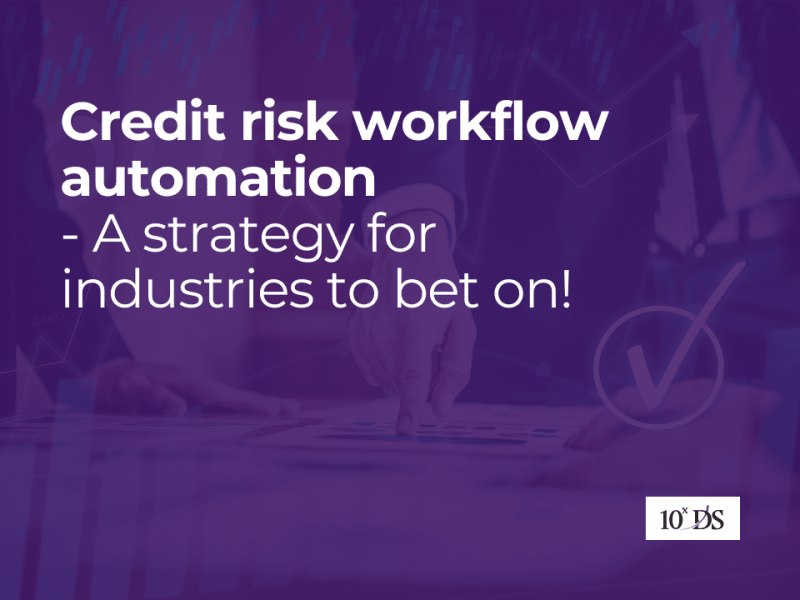
Precision and Profit: How AI is Reshaping PPC Advertising
PPC, or Pay-Per-Click, is a model of Internet marketing in which advertisers pay a fee each time one of their ads is clicked. Before the advent of AI, PPC campaigns were managed manually by marketers. They would conduct research to identify relevant and high-performing keywords, create ad content, and bid on keywords to compete with other advertisers targeting the same ones. The price, measured as the cost-per-click (CPC), is the amount advertisers pay when someone clicks on their ad. The CPC is influenced by various factors such as keyword competitiveness, ad quality, and relevance. With the introduction of AI, marketers can now use AI-powered tools and techniques to enhance their PPC campaigns. AI can help with tasks such as keyword research, bid optimization, target optimization, ad creativity, ad scheduling and placement optimization, ad fraud detection, and predictive analysis. This can lead to more personalized and targeted advertisements that yield better results.
There are many companies that use PPC, to advertise effectively. Some of the most popular PPC marketing platforms include Google Ads, Facebook Ads, Microsoft Ads, YouTube Ads, LinkedIn Ads, Amazon Ads, and Etsy Ads. Retailers like Amazon and eBay which carry a wide array of products have found a lot of success with PPC. They often advertise on tens of thousands of keywords, paying a small amount per click by bidding on long-tail keywords or using dynamic keyword insertion. PPC agencies help companies target and retarget their audience by creating ads and running campaigns to gain Return on Investment (ROI). They actively participate in the bid, content management, and daily monitoring to make required changes. PPC services also help companies to gain targeted leads. PPC companies provide services such as competitor analysis, keyword research, automatic bid management, budget analysis, target regions and interests and campaign assessment to run campaigns.
AI can be used to enhance PPC campaigns and by knowing how to use AI for PPC, marketers can create highly personalized and targeted advertisements that yield good results. Here are some ways AI can be used for PPC in advertising:
Keyword research
AI-powered tools have revolutionized the process of conducting thorough research to identify relevant and high-performing keywords. AI can help with keyword research by using machine learning algorithms to identify high-potential keywords that can improve a website’s search engine ranking and drive traffic to the site. AI tools provide data-driven insights into user search behaviour, revealing high-potential keywords to target. This allows you to create compelling, relevant, and searchable content that attracts organic traffic and improves your website’s search engine ranking.
Bid Optimization
Bid optimization is transformed by AI in PPC advertising, enabling dynamic and real-time adjustments to keyword bids. By leveraging machine learning, AI algorithms continuously analyse data to maximize ad placement and minimize costs. They consider keyword competitiveness, conversion rates, and budget constraints.
Target Optimization
AI can help optimize targeting by analysing user data and behaviour to deliver more relevant ads to the right audience. AI-powered targeting in PPC allows advertisers to reach the right audience at the right time with precision. AI algorithms can identify patterns, behaviours, and characteristics that define target segments, beyond what humans are capable of doing. This helps ensure that the right people are targeted, making campaigns more effective and actionable.
Ad Creativity
AI is starting to play a more significant role in the creative process itself. Ad agencies are beginning to use AI to create better ads faster and more cheaply. AI program helps come up with ideas for ads by analysing past marketing campaigns and then using that data to generate creative.
Ad Scheduling and Placement Optimization
AI helps optimize ad schedules and placements, resulting in maximum impact. This data-driven approach enables advertisers to strategically schedule their ads and target channels where their audience is most active, leading to increased visibility and improved conversion rates.
Ad Fraud Detection
AI can be used to detect and flag common patterns of abuse and fraud in advertising. AI algorithms monitor incoming data and stop fraud threats before they materialize. The system can process data from multiple sources such as credit card transactions, and online banking to build a broad view of customer behaviour.
Predictive Analysis
Predictive analytics uses statistical algorithms combined with internal and external data to forecast future trends. When paired with artificial intelligence (AI), the insights gleaned from these advanced systems are the key to more accurate and timely forecasting going forward.
By integrating AI technology into PPC strategies, businesses can create campaigns that attract leads and ultimately convert them into paying customers. However, before implementing AI in a PPC campaign, it’s important to define the business goals and metrics that will be used to measure success. This step is essential as it aids in determining which AI-powered tools and techniques to employ and how to assess their effectiveness. Some popular AI tools for PPC include:
Adcreative.ai: An AI ad generator for creating visually attractive ad creatives.
PromoNavi: An AI PPC management tool that helps marketers, agencies, and PPC specialists automate their daily chores, reduce wasted ad spend, and gain insight into their PPC campaigns.
Revealbot: A tool that automates Facebook Ads and Google Ads management.
Adzooma: A platform that provides AI-driven optimization suggestions for Google Ads, Facebook Ads, and Microsoft Advertising.
Adverity: A marketing data intelligence platform that uses AI to provide insights and optimize campaigns.
AdScale: An AI-driven platform for automating and optimizing Google Ads and Microsoft Advertising campaigns.
Smartly.io: A platform that automates and optimizes social advertising campaigns on platforms such as Facebook, Instagram, and Pinterest.
By using these tools, businesses can save time, reduce costs, improve campaign performance, and ultimately achieve better results from their PPC campaigns.
The future of PPC advertising will be heavily influenced by the rise of AI and machine learning and it will continue to grow, with more and more PPC platforms offering advanced automation and optimization features. This will allow advertisers to create more effective campaigns, with better targeting, more engaging ad copy, and improved performance. In addition, the growing popularity of voice search, the importance of mobile advertising, and the increased use of social media for PPC will also play a significant role in shaping the future of PPC.
Talk to us to learn more about managing your PPC campaigns.


